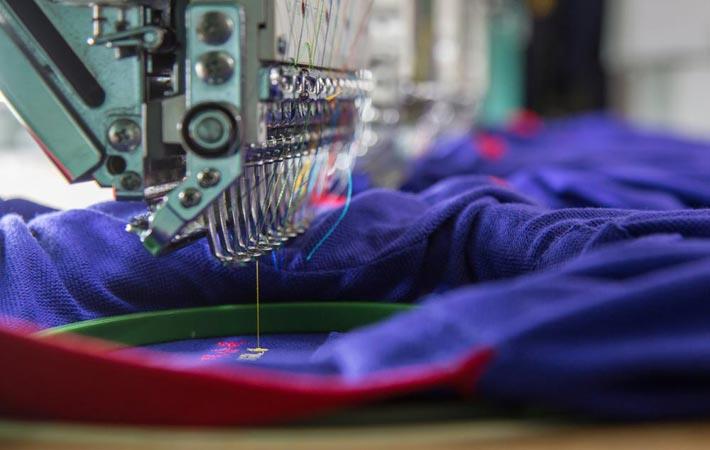Exporters in the Philippines want continuation of tax incentives for the garment-textile sector, saying such a step will be crucial in getting multinationals fleeing the US-China trade conflict to relocate to the country. The Foreign Buyers Association of the Philippines feels the second tax reform package should retain incentives to help in revival efforts.
Association president Robert M Young said the package should be different from the Tax Reform for Attracting Better and High Quality Opportunities (Trabaho) bill in the 17th Congress, which proposed the reduction of the country’s corporate income tax (CIT) rate at the expense of incentives granted to economic zone firms, according to a newspaper report.Exporters in the Philippines want continuation of tax incentives for the garment-textile sector, saying such a step will be crucial in getting multinationals fleeing the US-China trade conflict to relocate to the country. The Foreign Buyers Association of the Philippines feels the second tax reform package should retain incentives to help in revival efforts.#
Young, who is also the trustee for the textile, yarn and fabric sector of the Philippine Exporters Confederation Inc., argued that the country’s investment package should be comprehensive enough to serve as a magnet for the transfer of import orders, as the trade conflict between the United States and China hurts multinational businesses.
The Philippines has benefitted only in a very small manner, as it is not ready and lacks competent manufacturers and locally-milled textile as well as required accessories, Young explained.
The Philippines catered to only 10 per cent of the relocated garment orders from China, as most of the orders went to manufacturing powerhouse Vietnam, according to him.
To revive the industry, Young said the government should provide more—and not reduce—tax perks for garment manufacturers, such as reducing the 12- percent value-added tax, granting a special concession power rate and providing incentives to compensate labour rate differential.
The government can also extend the duty-free importation of textile machinery and equipment and regulate technical importation to assist industry players, he suggested.
Young also asked the Department of Science and Technology (DOST) to sponsor a technology course on garments and textile in line with changes brought about by the Fourth Industrial Revolution. (DS)
Fibre2Fashion News Desk – India
